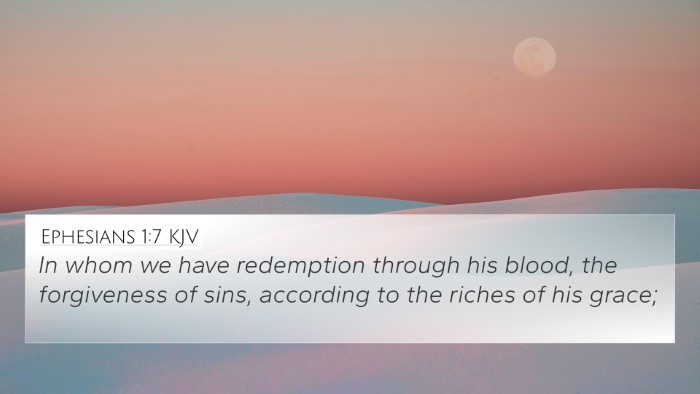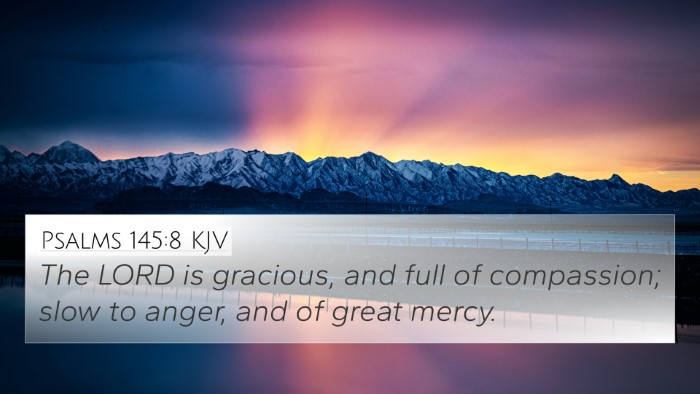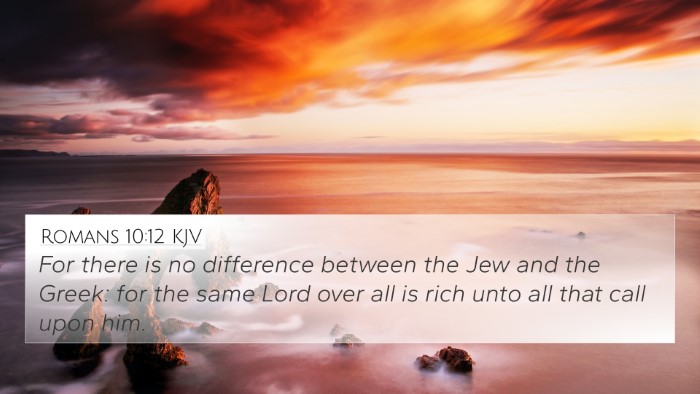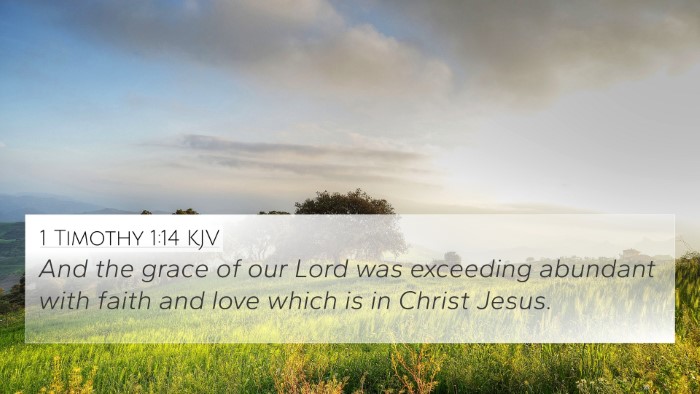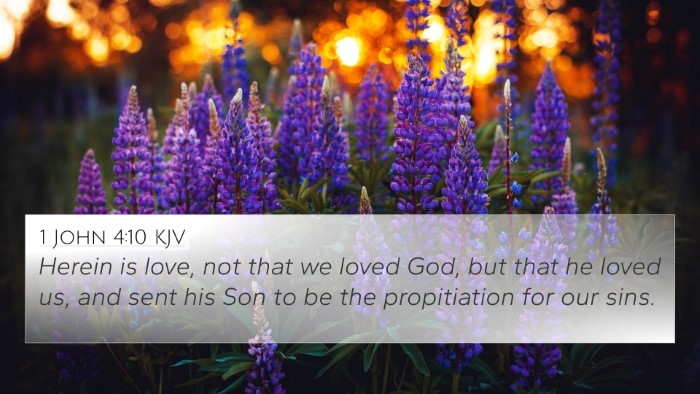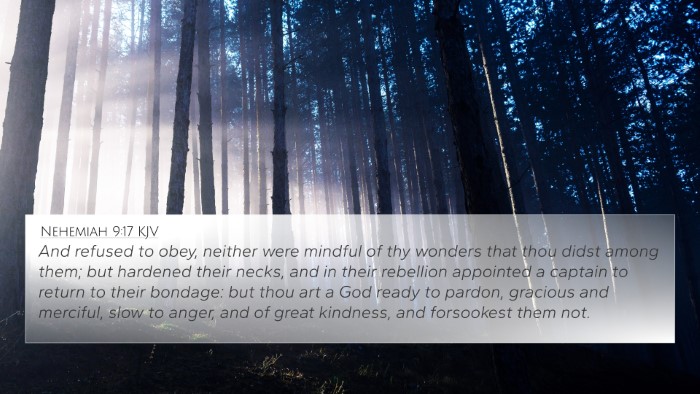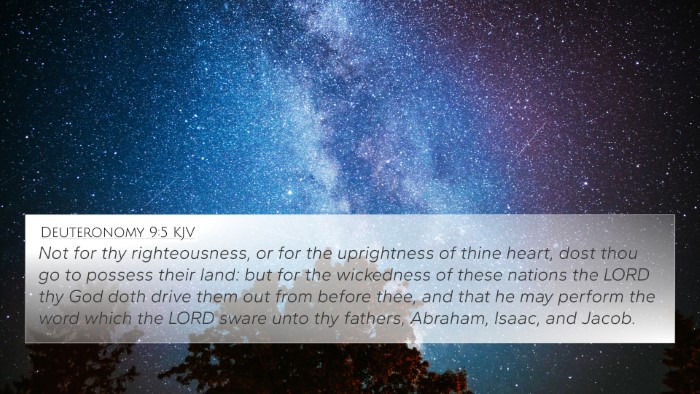Ephesians 2:4 - Understanding God's Mercy and Love
Ephesians 2:4 states, "But God, who is rich in mercy, for his great love wherewith he loved us,"
This verse encapsulates a profound theological truth about God's nature and His transformative power in the lives of believers. To explore its meaning, we will draw insights from notable public domain commentaries including those by Matthew Henry, Albert Barnes, and Adam Clarke.
Divine Mercy and Love
According to Matthew Henry, this verse emphasizes the enormity of God's mercy, which is abundant and overflowing. The term "rich in mercy" suggests that God's compassion is not limited or rationed, but rather freely bestowed upon those in need. This divine quality is intrinsic to His character.
Albert Barnes highlights that "great love" speaks to the immeasurable affection that God has for humanity. This love surpasses understanding and is not merely a passive feeling; it is an active force that drives God to reach out and save.
The Need for Salvation
The previous verses in Ephesians chapter 2 outline the dire state of humanity, describing how individuals are "dead in sins" (Ephesians 2:1). Clarke elaborates that recognizing one’s helplessness is crucial to understanding the significance of God's mercy. It is in this context that God's loving kindness shines brightly.
Cross-References Related to Ephesians 2:4
- Ephesians 1:7: "In whom we have redemption through his blood, the forgiveness of sins, according to the riches of his grace."
- Titus 3:5: "Not by works of righteousness which we have done, but according to his mercy he saved us."
- Romans 5:8: "But God commendeth his love toward us, in that, while we were yet sinners, Christ died for us."
- John 3:16: "For God so loved the world, that he gave his only begotten Son..."
- Psalm 103:8: "The LORD is merciful and gracious, slow to anger, and plenteous in mercy."
- 2 Corinthians 1:3: "Blessed be God, even the Father of our Lord Jesus Christ, the Father of mercies..."
- 1 Peter 1:3: "Blessed be the God and Father of our Lord Jesus Christ, which according to his abundant mercy hath begotten us again..."
Themed Connections: Mercy and Love Throughout Scripture
Ephesians 2:4 serves as a pivotal verse in linking themes of mercy and love throughout the Bible. The explorations provided by Albert Barnes and Adam Clarke show how interconnected these qualities are in portraying God's relationship with humanity.
The "rich mercy" and "great love" are not isolated characteristics but are part of a larger narrative that runs through the scriptures. When studying these themes, one can perform a comparative Bible verse analysis to see how these concepts are related in passages from both the Old and New Testaments.
Tools for Bible Cross-Referencing
For those interested in exploring these connections further, a variety of tools for Bible cross-referencing are available, such as Bible concordances and cross-reference guides. These tools serve as a valuable resource for uncovering the intricate web of relationships between biblical texts.
Applying the Insights
Understanding Ephesians 2:4 in the context of God’s mercy and love encourages believers to reflect on their relationship with God. It also serves to motivate them to extend that mercy and love to others. As Matthew Henry states, it is essential that individuals not only receive God’s grace but also share it through acts of kindness and compassion in their daily lives.
Conclusion
Ephesians 2:4 is a powerful reminder of the richness of God’s mercy and love. By combining insights from scripture and notable commentaries, we gain a deeper understanding of not only this verse but its place within the broader narrative of salvation. Engaging in a study of related scriptures can facilitate both personal growth and a deeper appreciation for the themes of grace and redemption found in the Bible.



